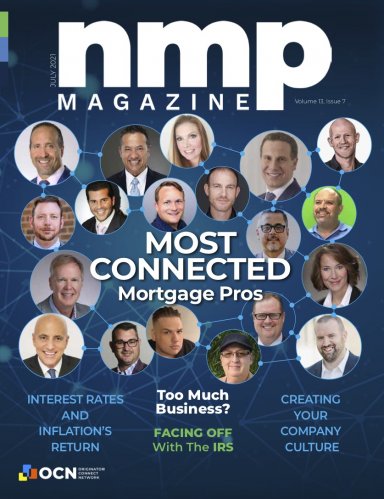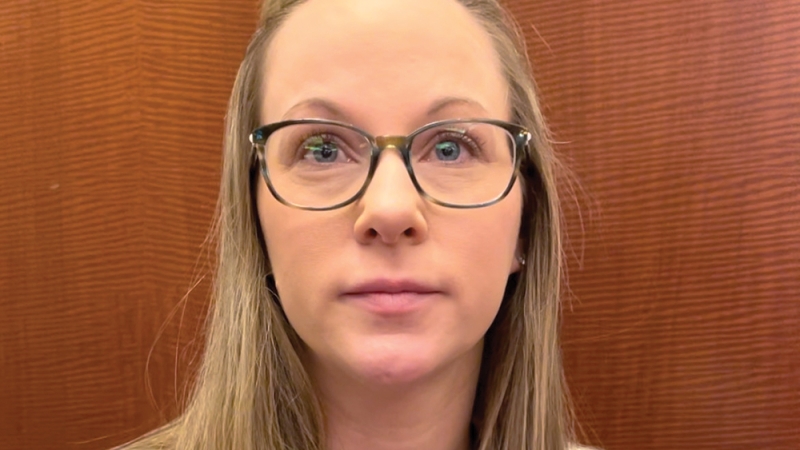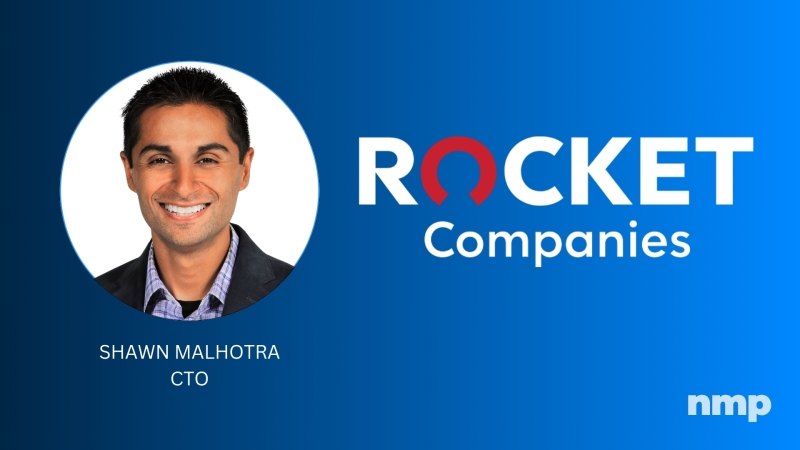The issue of culture is more than just one of “service” vs. “rate-based” advertising and sales. The issue may move to your internal staff and the atmosphere of the company—
- The development of minimum standards that are set for sales personnel. These minimum standards may be quality, action or production based. An example of a quality standard would be the percentage of fall-out that is allowed. An example of an action standard would be the requirement that a loan officer attend mandatory meetings. A production-based standard would require a certain number or volume of loans per month or quarter. Or perhaps it would require a certain number amount of revenue per month.
- The development of a team atmosphere. How well do the loan officers support the processors and vice-versa? When someone is sick do others pitch in? Are loan officers helping each other with their clients and helping to train new loan officers or are they trying to steal deals from each other? Everyone must know what groups they serve—including the manager. The manager is actually a servant of everyone in the office and if this is not part of the culture, the office will not function well as a team.
- The development of a professional atmosphere. How is the staff dressed and how well do they communicate with themselves and their clients? How well do you treat vendors, including paying their bills and loyalty? Are lenders used as hedges for larger profit? Are people screaming at one another in a crisis?
- The development of an ethical reputation. There is no doubt that many with the industry leave much to be desired with regard to how well they serve their clients and present their cases. Every day another actor seems to be in trouble for predatory lending and/or outright fraud. Is this behavior tolerated, overlooked or completely banished within your organization?
How do you develop and/or change the culture of your organization? It is more than deciding what you want to be known for. You will have to make tough decisions, including not tolerating certain behaviors and even firing those who clash with the culture or refusing to hire those who could help with profitability but hurt your long-term direction. Likewise, it means turning away certain types of business—business that you know might be easy money but put you on the wrong side of the line.
You may have to change your advertising methods or even abrogate relationships with long-term referral sources. A culture is built from a foundation. A foundation is built one brick at a time. It does not exist because you say it is so. It is built with your reputation, actions and results.
Most importantly, everyone in the organization must know the culture and be a part of it. If they are not aware of your goals, they can’t be part of the solution. Your culture should help you make recruitment decisions, select candidates and orient new employees. The culture is built through positive actions every day. It is not only about discouraging actors or actions, but also rewarding positive activities.












